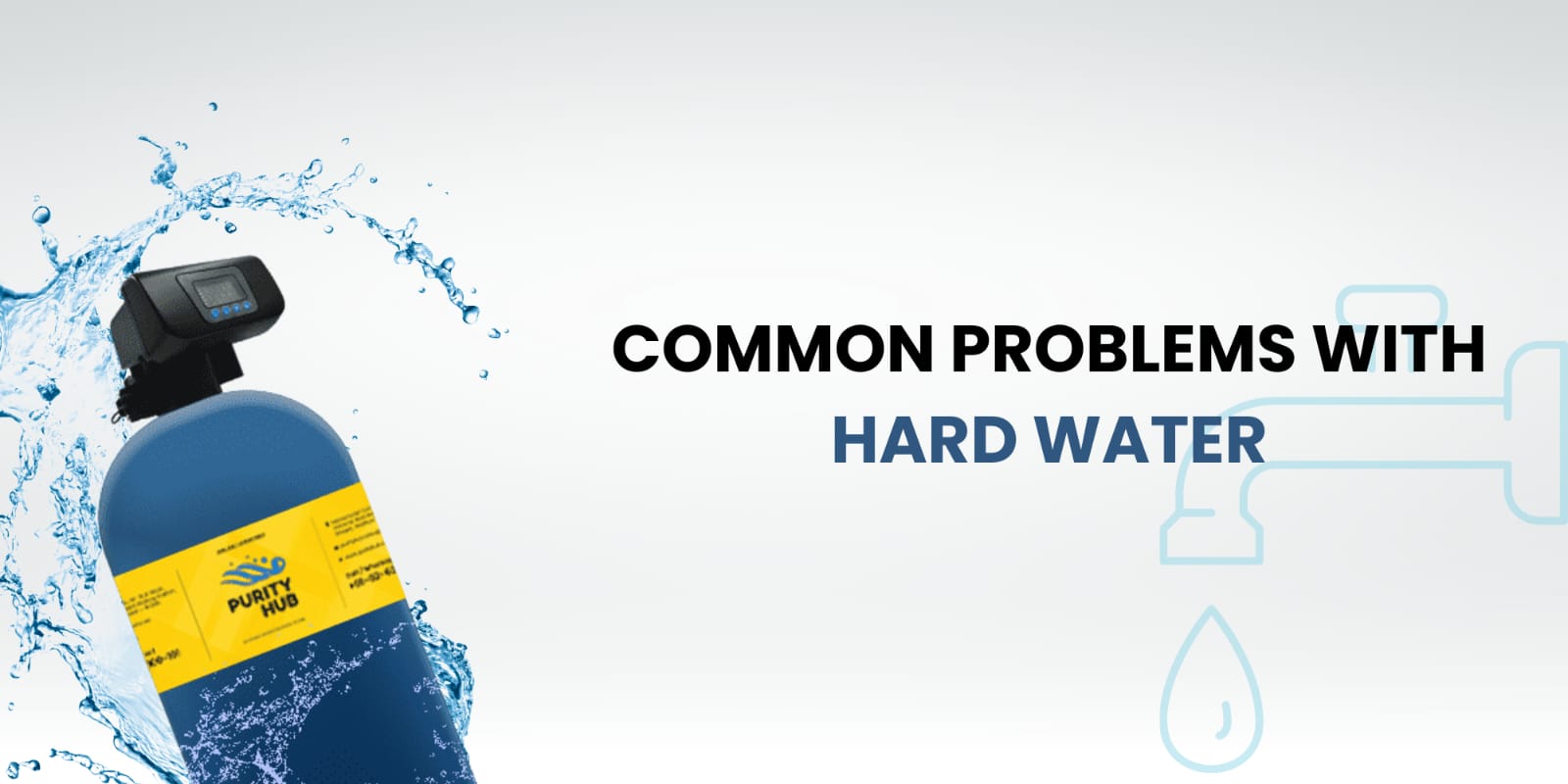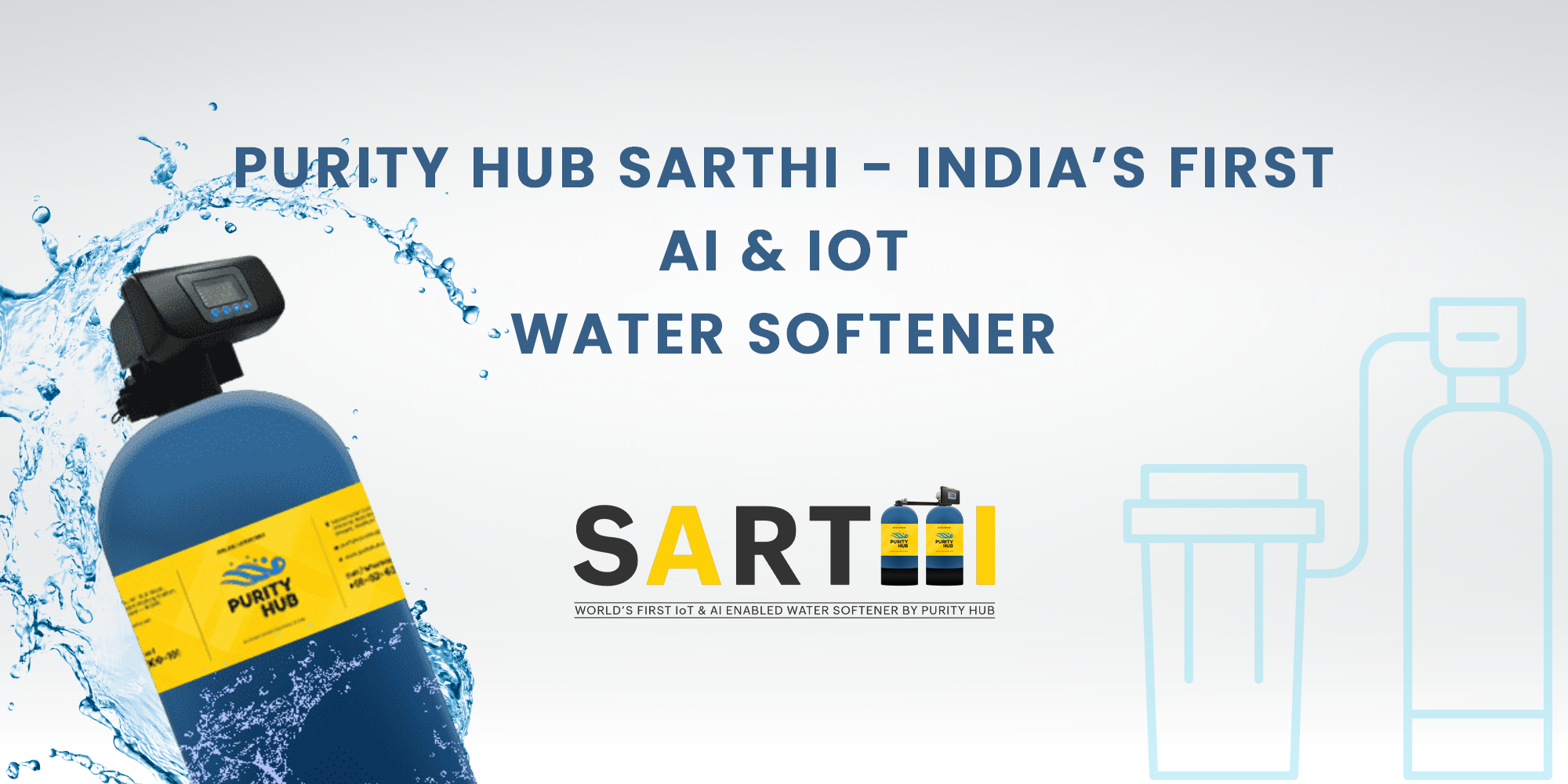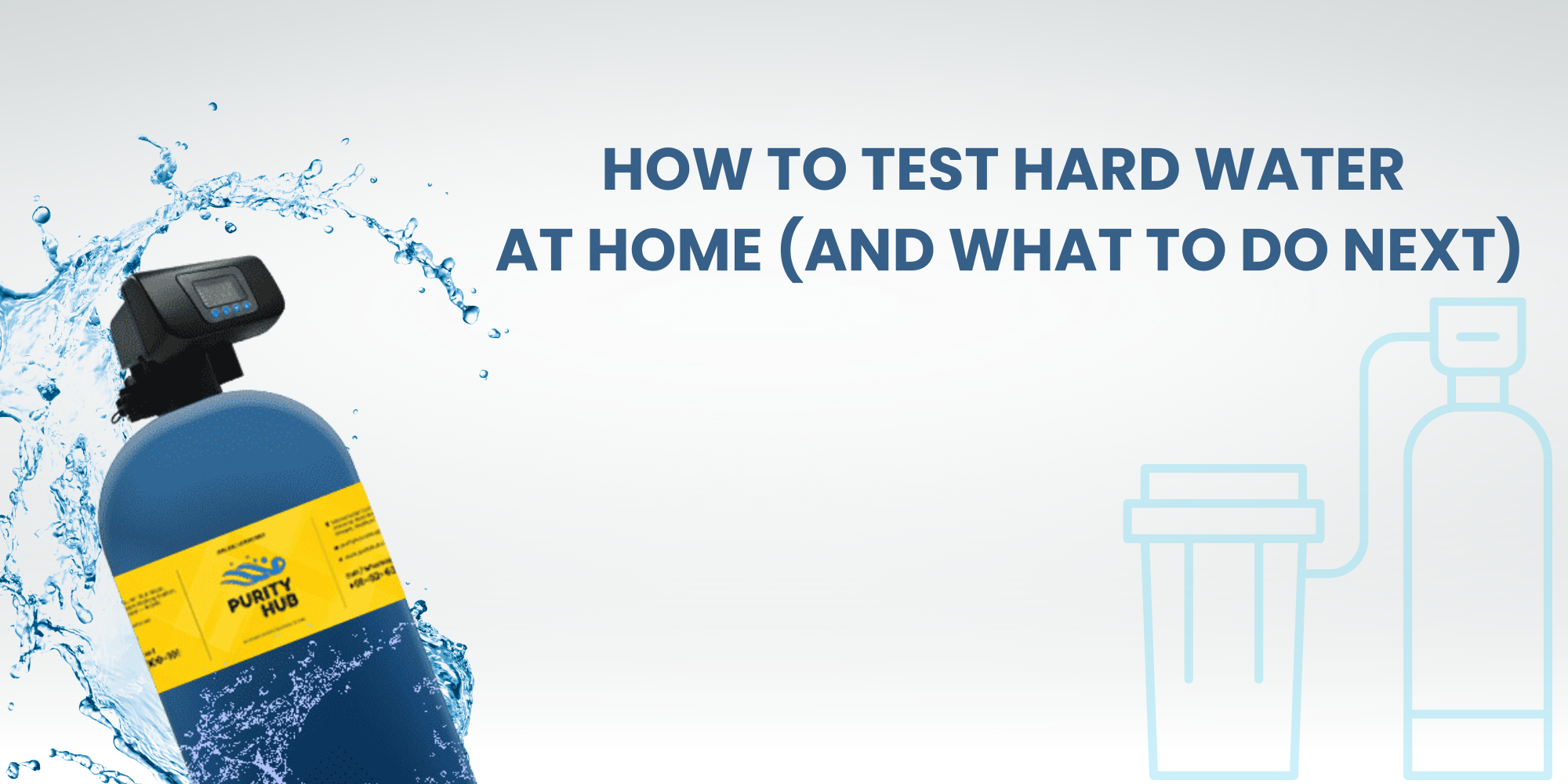
Hard water may seem like a minor inconvenience, but over time, it can cause considerable damage. Here are some of the most common issues homeowners face:
- Mineral buildup in pipes and appliances: Over time, calcium and magnesium deposits accumulate in pipes and appliances, leading to blockages and decreased efficiency.
- Dry skin and brittle hair: The minerals in hard water can strip your skin and hair of natural oils, leaving them dry and irritated.
- Spots on dishes and glassware: Hard water doesn’t rinse away completely, which can leave a cloudy film on dishes, glassware, and surfaces.
- Increased detergent usage: Hard water reduces the effectiveness of soaps and detergents, meaning you need to use more to get the same cleaning power.
With a water softener installed, you can say goodbye to these problems and enjoy the perks of soft water in your home.
The Benefits of a Water Softener
A water softener offers numerous advantages, making it a smart investment for any home. Let’s explore how switching to soft water can improve various aspects of your life.
1. Healthier Skin and Hair
One of the most noticeable benefits of using a **water softener** is the immediate improvement in your skin and hair. Hard water strips away natural oils, leaving your skin feeling dry and your hair looking dull. Soft water is much gentler on your skin, helping it retain moisture and feel smoother. The same goes for your hair—it will become softer, shinier, and easier to manage. If you or anyone in your household suffers from dry skin conditions such as eczema, the switch to soft water can provide significant relief.
2. Cleaner and Brighter Laundry
Washing clothes in hard water can lead to stiff fabrics and faded colors, as the minerals prevent detergent from fully dissolving. Soft water allows detergent to lather and clean more effectively, leaving your clothes softer, brighter, and free of soap residue. Your laundry will feel fresher, and your favorite outfits will last longer.
3. Longer Lifespan for Appliances
Hard water is notorious for causing scale buildup in appliances such as water heaters, dishwashers, and washing machines. This buildup can lead to inefficient performance and costly repairs. With a water softener in place, you protect your appliances from mineral deposits, allowing them to run more efficiently and last longer. In fact, many homeowners notice a reduction in energy bills as a result of using soft water.
4. Spotless Dishes and Shiny Fixtures
Have you ever noticed cloudy spots on your dishes and glassware after they’ve been washed? This is due to the mineral content in hard water. Soft water, on the other hand, rinses away cleanly, leaving your dishes, glassware, and silverware sparkling and free of spots. Additionally, you’ll no longer need to scrub mineral deposits off faucets, showerheads, and sinks, as soft water prevents the buildup of scaly residue.
5. Lower Energy Bills
Appliances that are bogged down by mineral buildup use more energy to operate. For instance, water heaters with scale buildup take longer to heat water, driving up your energy consumption. By installing a water softener, you can improve the efficiency of your appliances, resulting in lower energy bills over time.
6. Easier Cleaning with Less Detergent
Hard water makes cleaning difficult because it doesn’t interact well with soap and detergent, often requiring you to use more product than necessary. Soft water, by contrast, enhances the effectiveness of soap, so you can use less detergent when washing dishes, clothes, or even yourself. With soft water, you’ll notice that soap lathers more quickly, rinses off completely, and leaves no residue behind.
7. Reduced Plumbing Problems
Over time, the mineral content in hard water builds up in your plumbing system, narrowing pipes and reducing water flow. This can lead to expensive repairs and replacements. By using a water softener, you prevent the buildup of scale, ensuring that your pipes remain free from blockages and your water flows smoothly. This simple change can save you from significant plumbing headaches in the future.
How to Choose the Right Water Softener for Your Home
When it comes to choosing the right water softener for your home, there are several factors to consider. First, determine the hardness level of your water and the size of your household to ensure you choose a unit that can handle your water usage. There are various types of water softeners available, including salt-based systems and salt-free alternatives. Salt-based systems are highly effective but require regular maintenance, while salt-free systems are lower maintenance but may not be as effective at softening extremely hard water.
Additionally, consider the level of maintenance you’re willing to commit to. Some systems require regular salt replenishment and cleaning, while others are more hands-off.
Final Thoughts
Hard water may not pose a direct threat to your health, but it can certainly make life more challenging in many ways. From dry skin and hair to appliance breakdowns and increased detergent usage, the effects of hard water add up over time. Fortunately, a water softener offers an easy solution to these problems, providing soft water that is gentler on your home and your body.
By installing a water softener, you’ll experience softer skin and hair, cleaner dishes, fresher laundry, and fewer plumbing issues. Plus, your appliances will run more efficiently, and you’ll save money on energy bills in the long run. With so many benefits, it’s clear that soft water truly does make for a happier, healthier home.
So, if you’re tired of dealing with the hassles of hard water, consider investing in a water softener to enjoy the lasting perks of soft water today!



